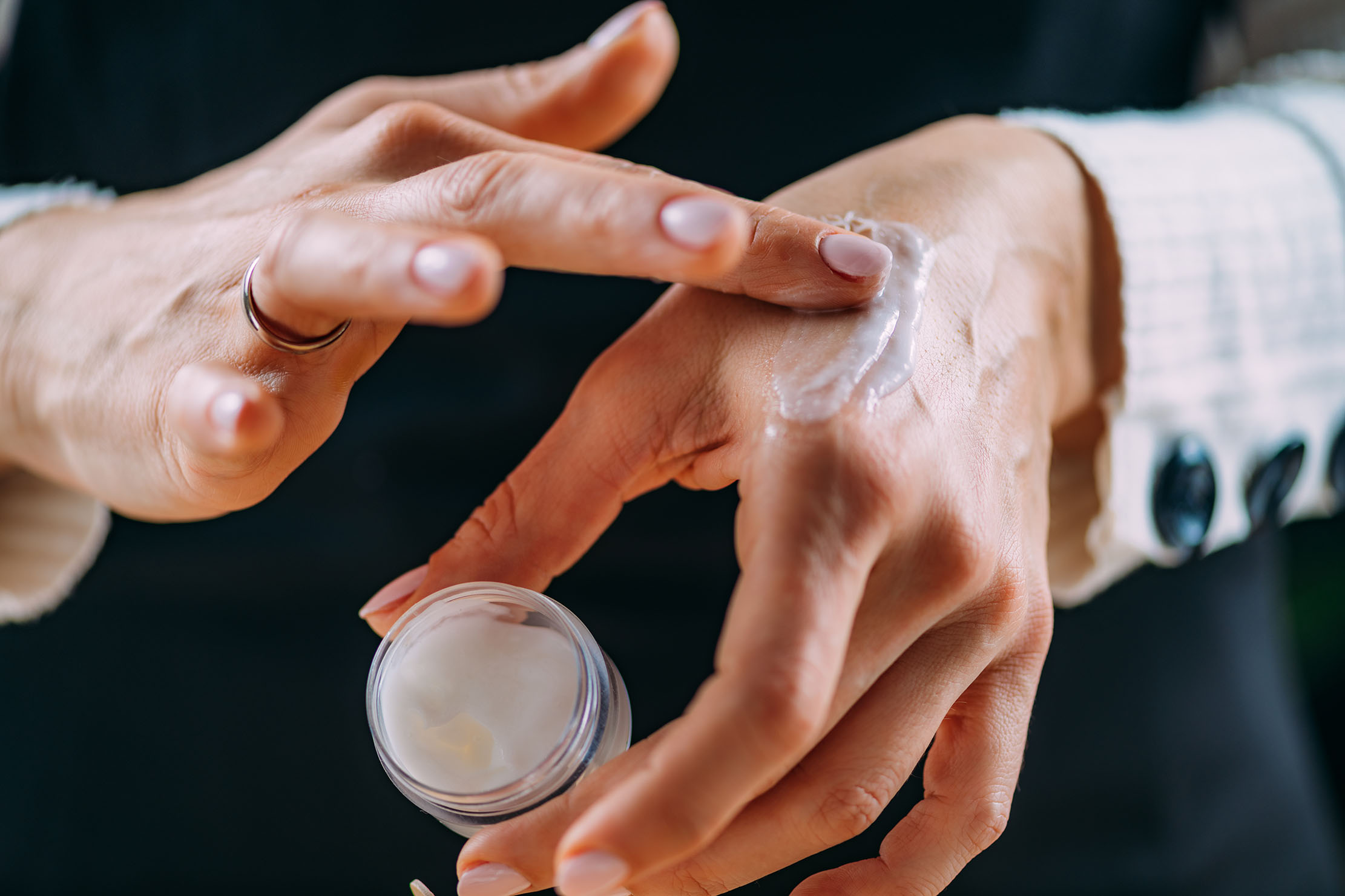Winter Skin Care and Hygiene: Protecting Your Hands in Cold Weather

Winter can be tough on your skin, especially your hands, as they are often exposed to cold, dry air. Without proper care, hands can become dry, chapped, and uncomfortable. Here’s a guide to keeping your hands healthy, moisturized, and hygienic during the cold months.
How Winter Affects Your Hands
Before diving into the tips, it’s essential to understand why winter can be harsh on your skin. Low humidity and cold temperatures strip your skin of moisture. The frequent transitions between warm indoor and cold outdoor environments exacerbate dryness. Additionally, frequent handwashing, while crucial for hygiene, can remove the natural oils that protect your skin.
Tips for Caring for Your Hands in Cold Weather
- Moisturize Regularly
- Use a moisturizing hand cream after each wash. Look for creams with ingredients like shea butter, glycerin, or hyaluronic acid to help lock in moisture.
- Apply a thicker layer of cream at night and wear cotton gloves for deeper hydration.
- Choose Gentle Cleansers
- Opt for moisturizing and mild soaps, avoiding products with harsh chemicals or strong fragrances.
- Foaming soaps with moisturizing ingredients are ideal for maintaining hygiene without drying your skin.
- Protect Your Hands from Cold Weather
- Always wear gloves outdoors to shield your hands from cold air and wind. Wool or cotton gloves work best.
- For extra protection, apply a hand cream before putting on gloves.
Maintaining Hygiene Without Drying Out Your Skin
- Use Proper Washing Techniques
- Wash your hands with lukewarm water instead of hot water, as very hot water can strip your skin’s natural oils.
- Wash your hands only when necessary and use hand sanitizers for quick cleaning when they’re not visibly dirty.
- Use Additional Care Products
- Exfoliate Weekly: Use a gentle scrub made from sugar and olive oil to remove dead skin cells and enhance moisturizer absorption.
- Hydrating Masks: Apply a mask with avocado extract and olive oil to your hands. Avocado is rich in healthy fats and vitamins, while olive oil provides deep hydration, keeping your hands soft and healthy.
- Prevent and Treat Cracked Skin
- If cracks appear, use a healing cream containing beeswax and shea butter to seal the cracks and create a protective layer. These natural ingredients promote healing while deeply nourishing the skin.
- Avoid exposing cracked skin to irritants like chemical detergents or cleaning products without wearing gloves.
Hydration and Nutrition for Skin Health
- Drink plenty of water throughout the day to stay hydrated from the inside out.
- Include foods rich in omega-3 fatty acids, such as fish or flaxseed, in your diet to support healthy skin.
When to See a Doctor
If your hands become excessively dry, painful, or develop large visible wounds that persist, consult a dermatologist. Persistent skin problems may require specialized treatment or prescription creams.
Winter hand care is all about balancing hygiene and hydration. By incorporating these tips into your daily routine, you can keep your hands soft, smooth, and protected—even during the coldest months. Take care of your skin and enjoy a healthy winter!